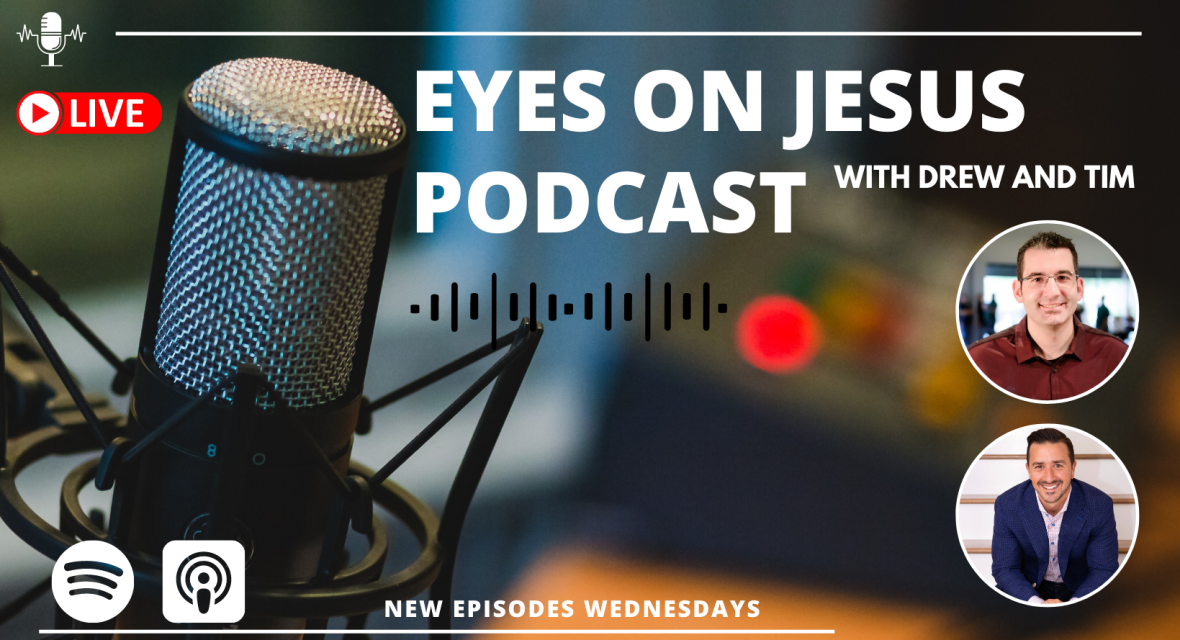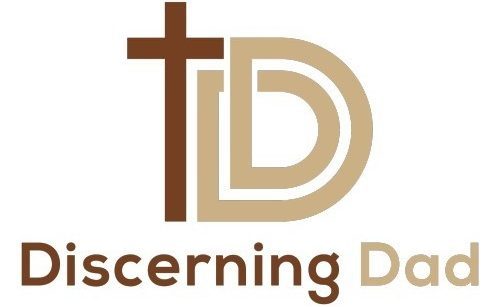I became aware of fake news in 2008. My wife and I were driving home from Chicago to visit our parents in Central Illinois. I was ranting about the challenges I was facing at work. At the time, I was working in distance education. It was an era in higher education when online learning had not been widely accepted by traditional institutions and faculty. Every decision being made my institution’s leadership seemed to be part of a conspiracy to eliminate our department. In my mind, everyone was against us and, in many cases, me. My wife listened patiently for some time and then offered a simple observation: “You are delusional.” Those three words cemented the power of story and underscored the ease with which I could create “fake news.”
Don’t get me wrong, stories are beneficial, yet we have a tendency to overcommit to the stories we tell ourselves about ourselves, the world, and God. Our stories can help us understand the world, but they can also hinder us from seeing the world as it really is. In creating less-than useful fictions by making connections between people and events that weren’t there, I began jumping to conclusions that were not based in reality. In overcommitting to those stories, I became trapped in a vicious loop where all I seemed to find were words and deeds that supported the reality I had constructed. Commenting on the human brain’s propensity to seek coherence, Kahneman notes, “The amount of evidence and its quality do not count for much, because poor evidence can make for a very good story.” Because like to keep things simple and unambiguous, conditions are good for us to overcommit to false, misleading, or incomplete stories.
Overcommitting to incomplete stories causes theological problems. When we refuse to re-think the stories we’ve been telling ourselves, we run the risk of fitting God into the story we want to tell rather than participating in the story God is already telling. Our stories create coherence, but, if we are unwilling to allow God to disrupt our settled understandings, we will miss opportunities to live out God’s wisdom in the world. As I note in Thinking Christian, “God breaks into our settled world alerting those with eyes to see and ears to hear of his presence…Displaying the wisdom of God by engaging in wise practices…practices that appear foolish to the world…makes Christians strange. Yet, as strange as Christians may be, we are seldom strange enough, or, perhaps, not strange in the right ways.”
So, how do we avoid telling stories that limit or otherwise distort our view of God? What can we do to keep from replacing the fullness of who God is with our incomplete conception of Him?
First, we can allow God’s story to determine who we are and how we interact with the world. God’s story follows the logic of the cross and the teaching of the scriptures. The story is coherent because we know that God is for us. Yet, this story is full of ambiguity, tension, and complexity because the world is not as it should be. The body of Christ is not a people without stories. We are a people whose story is bound to the Triune God.
Being a member of Christ’s body involves a fundamental shift in how view reality. Our notions of wealth (Luke 16:1-18), speech (Prov 6:16-19), relationships (Rom 14:13), and truth (1 Jn 1:9) are transformed. Christians are people who follow the God’s wisdom even when it runs counter to the world’s wisdom (1 Cor 3:19).
Second, we can be deliberate about coming to conclusions. The Bible extols the virtues of being slow to anger (Prov 14:29; 15:18; James 1:19-20). It sets forth processes for making judgments (Deut 17:6-7) and offering false testimony (Exod 20:16). What these texts point to is (a) the need to remain sober-minded and in control of our emotions and (b) the radical commitment to truth to which the community of faith is to adhere.
We need to realize that we have time. We are living in a world that is not as it should be with no need to fear or be anxious. God has conquered sin and death in the resurrection of Christ. We have the time to be slow to speak, quick to listen, and slow to anger. Ultimately, we need to take the time “to have the sort of slow, deliberate dialogues that reflect our deep conviction that discerning the Spirit is crucial to offering faithful testimony.” We have the time sufficient to discover and tell the truth. That may not fit into a news cycle, but we aren’t subject to the news cycle. We are subject to Christ.
Finally, we need to get comfortable having itchy ears. God’s word is comforting, but it isn’t supposed to reaffirm everything we think. It challenges and transforms us. It changes the story we tell about God with our lives. In 2 Timothy 4:3, Paul warns of a time “when people will not endure sound teaching, but having itching ears they will accumulate for themselves teachers to suit their own passions.” While we often think of this in terms of heresy or doctrinal drift, I would suggest that it applies to the broader category of truth more generally. If we always drift toward the stories that reinforce our existing perspective on life, I think we will find ourselves saying “‘I follow Paul,’ or In follow Apollo’s,’ or ‘I follow Cephas,’ or ‘I follow Christ’” (1 Cor 1:12). Yet, Christ has not been divided.
As followers of Christ, we have one story to tell. It is the story of the God who refused to abandon His creation to sin and death. Because we have only that one story to tell, we must take care not to allow other stories to distort it. Let us pray that God gives us the wisdom to tell His story well and work diligently to ensure we are fully prepared to do so.
James Spencer
Guest Discerning Dad
James Spencer earned his PhD in Theological Studies from Trinity Evangelical Divinity School. He currently serves as Vice President and COO of Moody Center, an independent non-profit organization based in Northfield, MA, and author of Thinking Christian: Essays on Testimony, Accountability, and the Christian Mind. He also writes a regular blog at nextgenchristians.com and at moodycenter.org, as well as teaching courses on a variety of topic with Right on Mission (rightonmission.org).
For more on Discerning Dad click HERE
Discover more from Discerning Dad
Subscribe to get the latest posts to your email.


